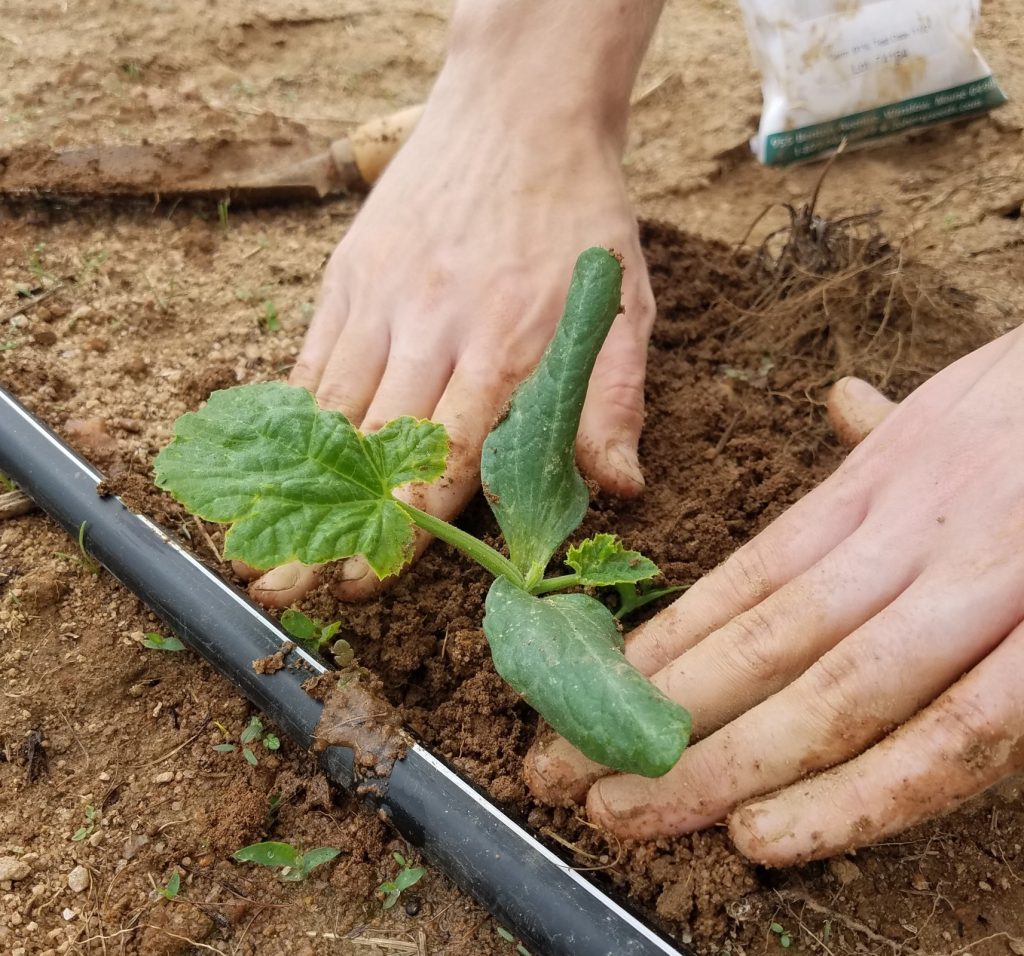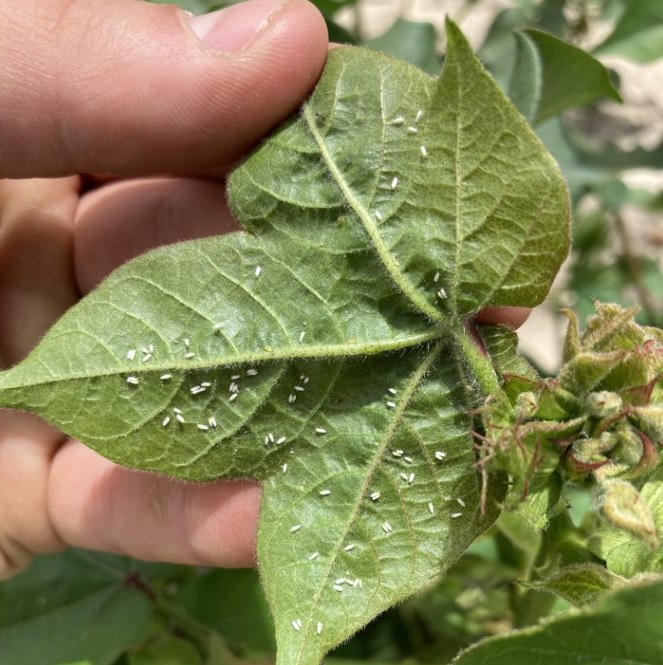My laboratory group examines the ecology of insect herbivores and natural enemies in agroecosystems. Recently, we have also gotten interested in natural enemy movement and population dynamics across landscapes. We combine experimental, molecular, and mathematical approaches, working at the interface between basic and applied ecology. Natural herbivore suppression is a rigorous test of how well we really understand ecological interactions, as we attempt to manipulate human-managed systems to make pest outbreaks less likely.
Currently, we have several ongoing projects in the lab:

Biocontrol and Food Safety of Pastured Chickens
Pastured chickens eat many insects and weeds, potentially benefiting growers by providing biological control. However, chickens may also interfere with biocontrol by eating important predators. Chickens also pose a food safety risk to crops as bacteria like Salmonella and Campylobacter may be transmitted to produce. We are examining potential ecosystem services and disservices of pastured chickens on organic, integrated crop-livestock farms by quantifying chicken diet and bacterial prevalence.

Plant-Microbe-Insect Interactions
Animal manures nourish farm fields with organic matter and essential nutrients that promote plant health and insect-pest resistance. However, manures are not composed of an ideal balance of micro- and macronutrients such that meeting the nitrogen requirement of crops leads to an overabundance of phosphorus in the soil. We are exploring the top-down and bottom-up effects of this nutrient imbalance on soil microbes, plant quality, and insect predator-prey interactions in agroecosystems.

Climate Change and Pest Outbreaks
Rapid changes in climate conditions may exacerbate pest outbreaks by altering plant defenses or disrupting biological control. Using the recent outbreak of Bemisia tabaci (silverleaf whitefly) across southern Georgia farmscapes, this project is investigating the effects of drought on both bottom-up and top-down control of whiteflies.
If any of these projects piques your interest, or if you are excited about other, related research directions, please check out Opportunities for undergraduate, graduate, and postdoctoral research in the Snyder lab.